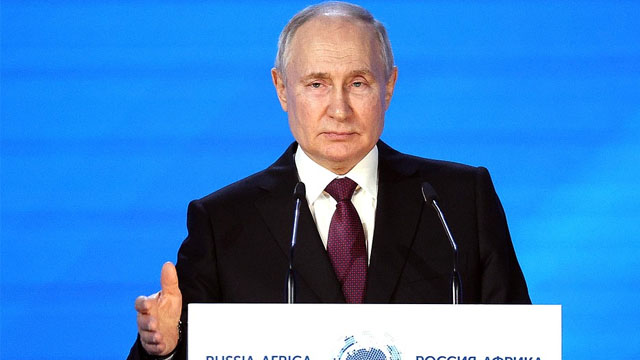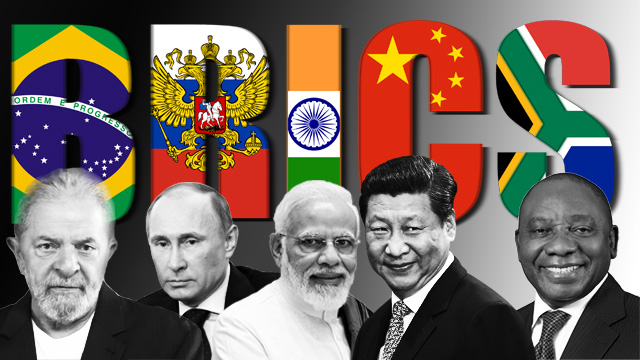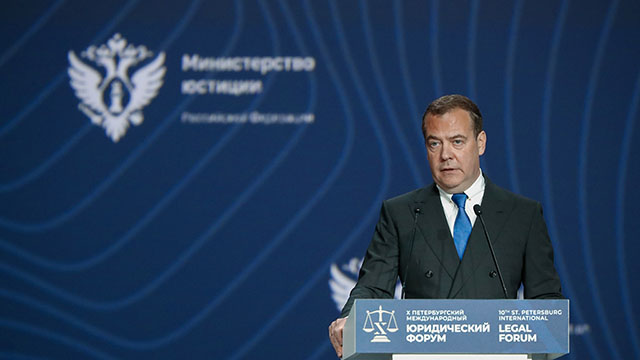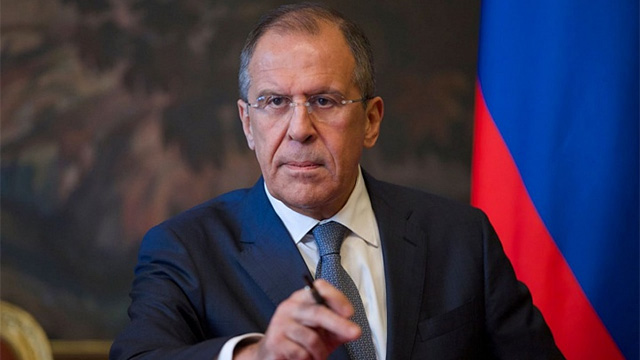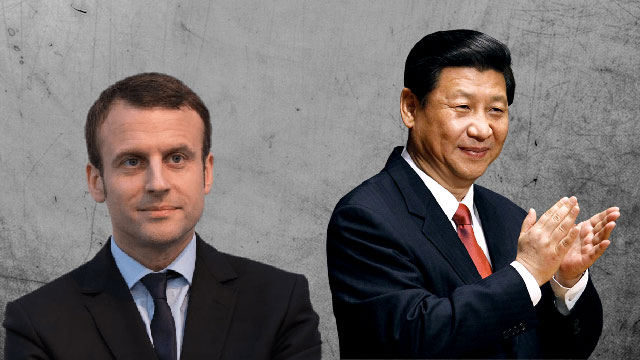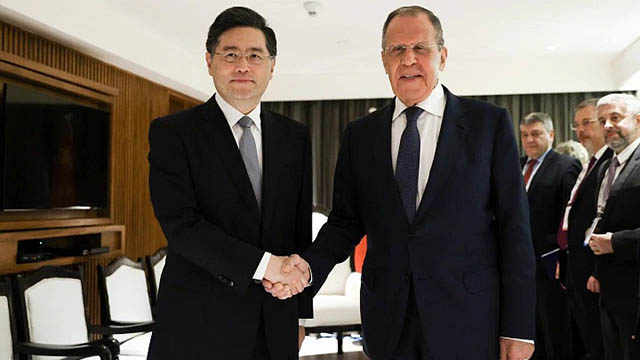The second Russia-Africa dialogue is a key strategic step by Moscow to build bridges with the most impoverished continent of the world, ravaged by wars, ethnic violence, famine and poverty, caused by centuries of colonial oppression and exploitation by neo-colonial powers.
The dialogue, named the second Russia-Africa Summit and Economic and Humanitarian Forum, is being held on July 27-28 at St Petersburg’s Expoforum and attended by 17 heads of state from the continent. The rubric used for the dialogue is “For peace, security and development”.
Russian President Vladimir Putin has been emphasising increasing Russia’s historic ties with the African countries, most of which received immense Soviet aid and support in their anti-colonial liberation struggles and post-colonial economic reconstruction.
For Russia, which has been involved in building a multipolar world order, Africa is a key ally, as it’s in this continent where the Western imperialist bloc has been facing obstinate nationalist resistance over decades from the common people.
To gain the support of Africa, where several countries, especially in its western and central parts, are impoverished and have been going through one after another catastrophe caused by the West’s neo-colonial ambitions, Putin has assured the continent of an adequate supply of food, fertilisers, investment and technology, bypassing the West’s sanctions.
In 2022, when the West was gloating about cutting off Russia’s trade and commerce using its coercive measures, the Africa-Russia trade turnover reached US$ 18bn. Putin credited the Russia-Africa summit at Sochi for this remarkable trade turnover, amid harsh western sanctions.
“I would like to note that last year trade turnover between Russia and Africa reached $18bn”, Putin said during the Russia-Africa dialogue. He said, “This is one of the obvious results of the Russia-Africa summit in Sochi”. “I am confident that we all can scale up trade more massively in the foreseeable future”, Putin added.
Representatives from all 54 African countries participated in the Sochi summit in 2019, along with eight major African organisations. There were 92 accords, worth over 1 trillion rubles, that were signed during the Sochi summit.
Egypt is the top most trading partner of Russia, which accounted for 26.9% of total Africa-Russia trade in 2021, ie, $4.8bn. There has been a 30% rise in the bilateral trade between these countries, ie, $6bn, in 2022.
Algeria is next to Egypt, accounting for almost 17% of the total trade between Africa and Russia in 2021, worth $3bn. Morocco is the third one on the list, accounting for 9.3% of Africa-Russia trade worth $1.6bn.
Here is the chart of the different countries’ bilateral trade with Russia per the 2021 data.
During the current Russia-Africa dialogue, Putin highlighted how Russia is defiantly providing food grain to Africa while exposing the western lies about Ukrainian grains going to the continent.
Putin informed that Russia would supply food grain for free to the needy countries in Africa to ensure that they don’t suffer due to Moscow’s special military operations in Ukraine. Putin said that his government is “sincerely interested in further deepening multilateral trade, investment and humanitarian ties”.
Criticising the grain deal, which the West brokered, Putin stressed that none of Russia’s expectations were met regarding food exports. “Russia agreed to participate in the so-called deal, taking into account the commitments it contained that illegitimate obstacles to the export of our grain and fertilizers to global markets would be removed”, Putin said, adding that none of them were met.
Putin showed that while the West hallows Ukraine’s grain export to Africa as an epitome of humanity, out of the 32.8m tonnes of grain cargo exported from Ukraine under the deal, 70% headed to high- and upper-middle-income countries, especially European Union (EU) member countries.
According to Putin, in comparison to the high volume of Ukrainian grain exported to EU countries, the impoverished countries of Africa, especially Ethiopia, Sudan, Somalia and others, received less than 1m ton, which is around 3% of the total exports.
Putin assured that backed by a record harvest in Russia this year, it will be able to export 25,000-50,000 tons of grain free of cost to six African countries in the next three to four months. These countries are Burkina Faso, Zimbabwe, Mali, Somalia, the Central African Republic and Eritrea.
He criticised the West, calling it hypocritical, for blaming Russia for the current crisis in the global food supply, especially in Africa, while blocking its food and fertiliser exports to the neediest countries of the continent.
With its eyes on the multipolar world order and to isolate the US-led dollar domination on global trade, Russia reiterated the importance to shift to a national currency-based trading model, which the Soviet Union followed.
“For further expansion of the whole range of trade and economic ties it is important to more vigorously shift financial settlements on trade transactions to national currencies, including the ruble”, Putin stressed.
The decolonisation of Africa and the resurgence of nationalism in the continent has strengthened the countries like China and Russia, which are pursuing the shared goal of building a post-colonial multipolar world order. At the same time, it has caused severe setbacks for the US-led West, to which the once subjugated continent is now showing defiance.
With the current Russia-Africa dialogue, Moscow has shown the West that it enjoys the widest support around the world’s most populous continents, while only a handful of western countries with minuscule populations, along with their vassal states like Australia and Japan continue to boycott it, although in vain.

